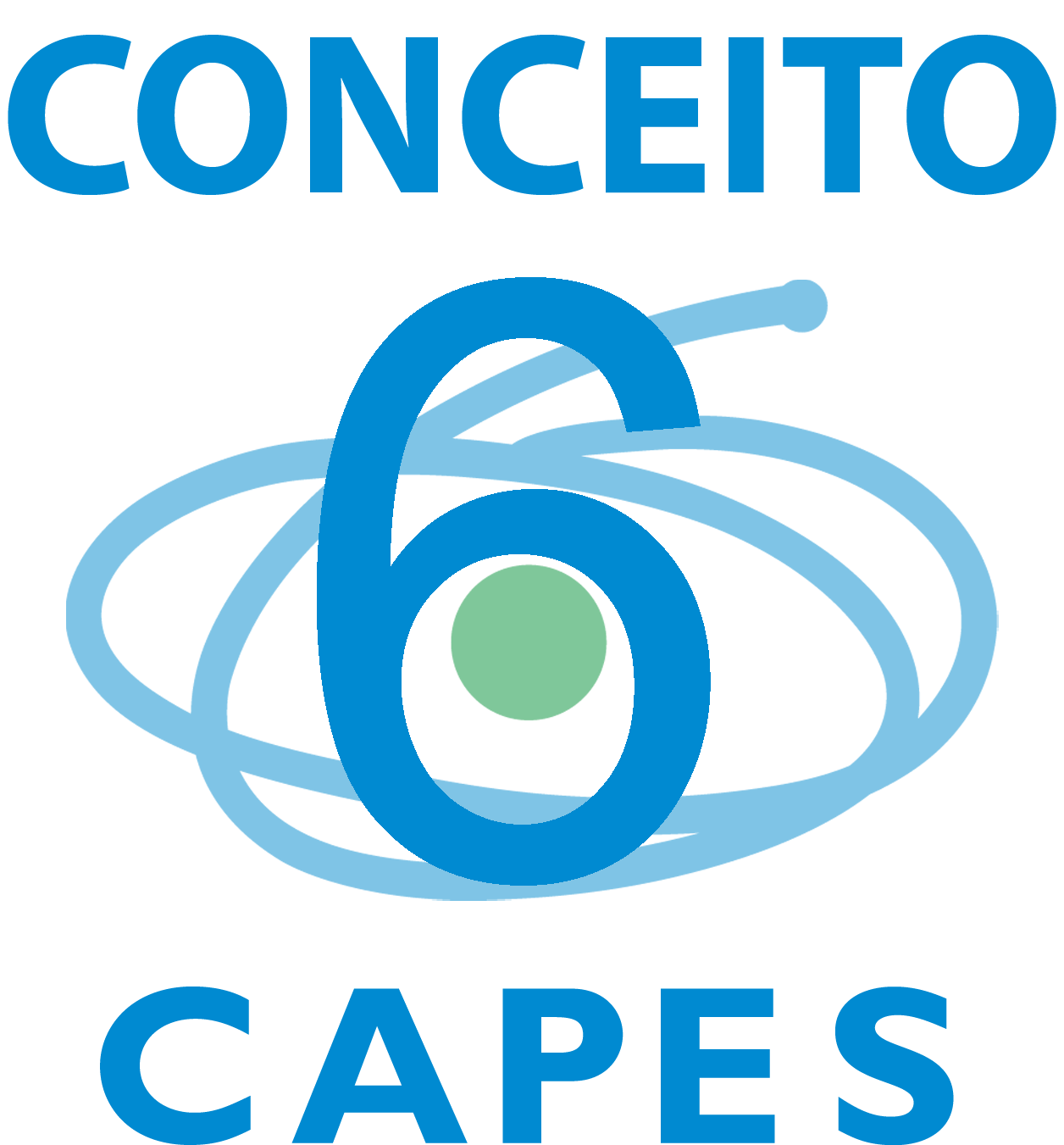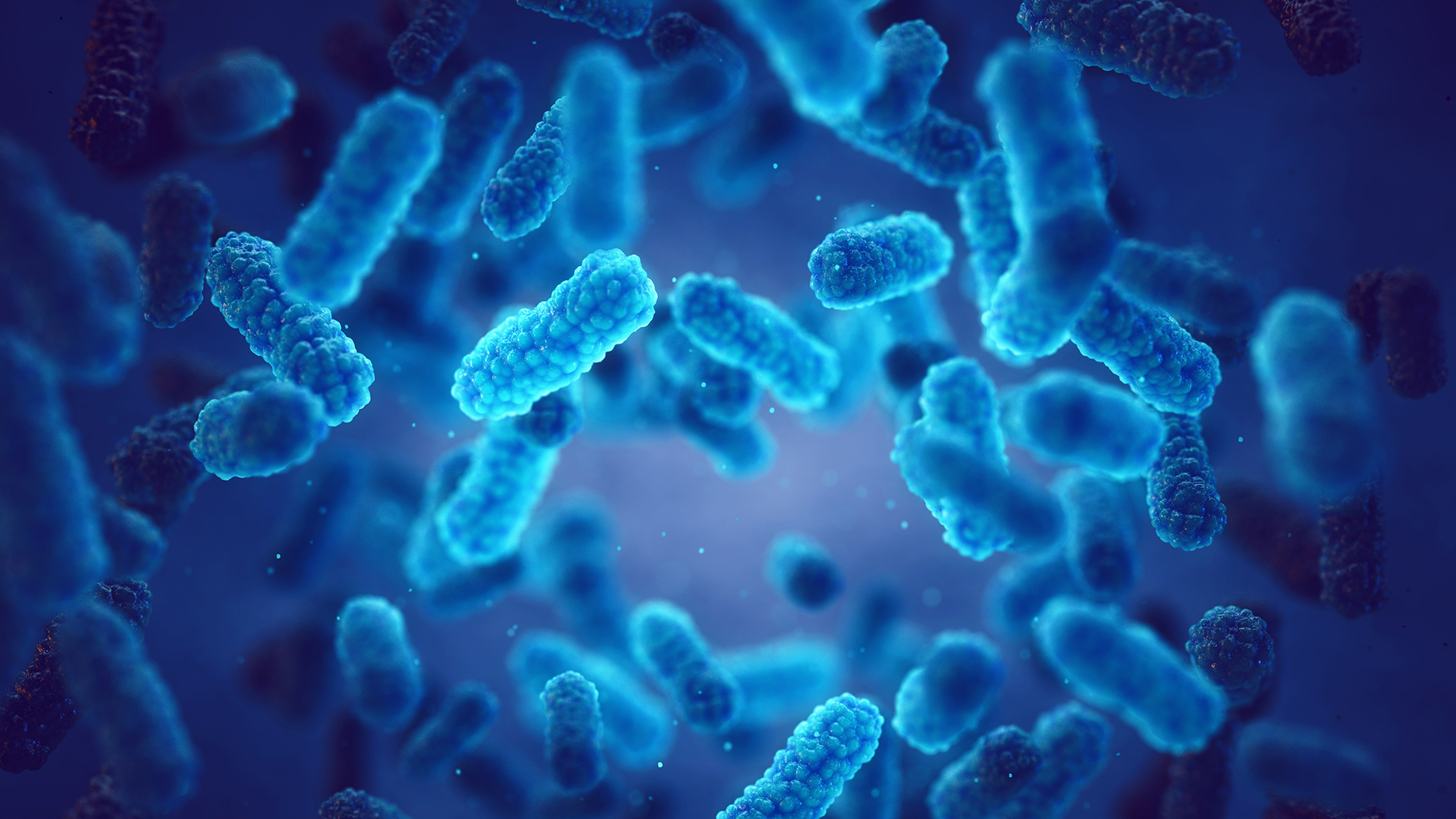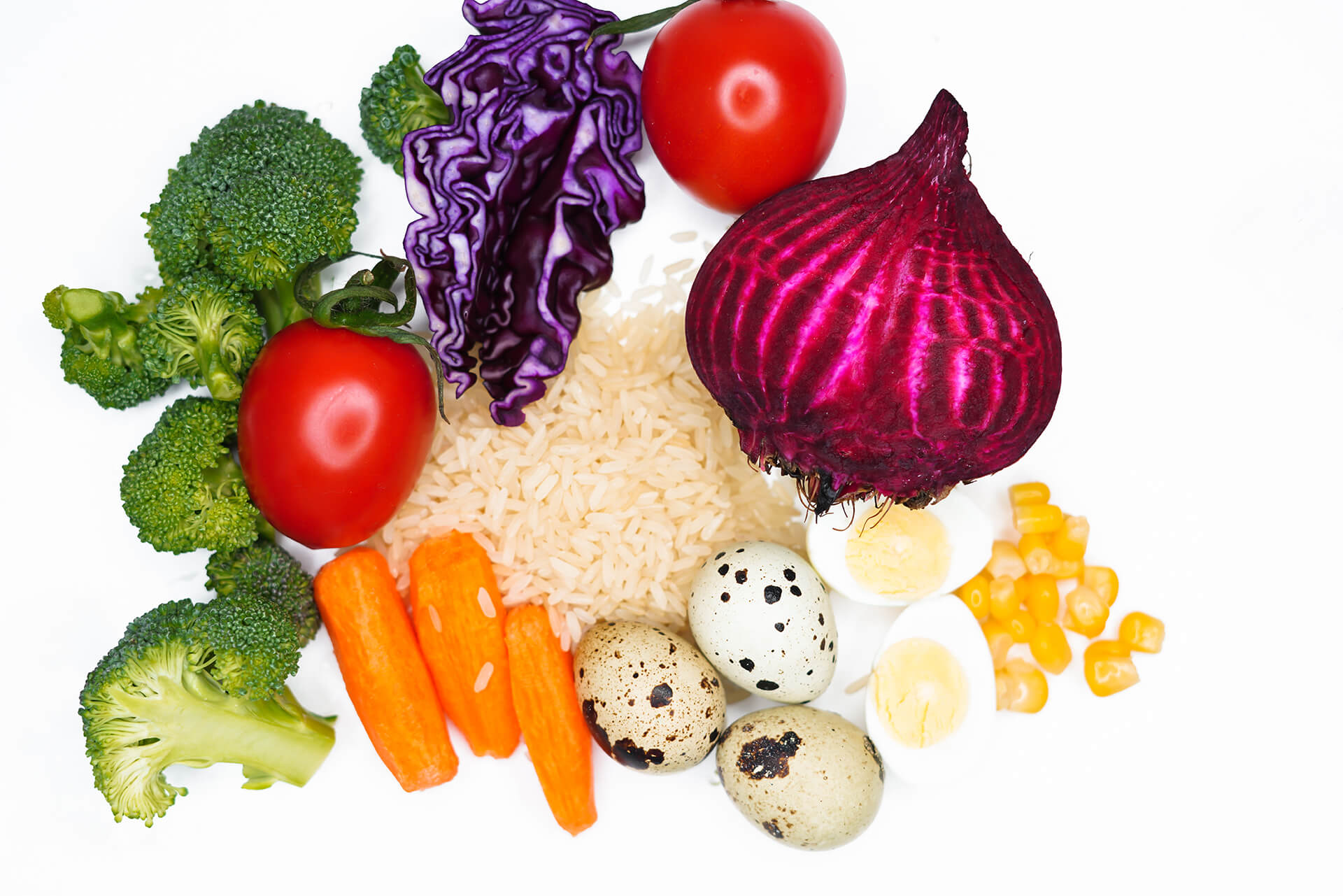Research and Teaching Line
Meet the research lines of PPGCTA
.jpg)
Food Chemistry and Bioprocesses
Characterizations and chemical and biochemical transformations of foods; Omics in Food Science and Technology with molecular analysis strategies, gene mapping, identification and quantification...
.jpg)
Food Technology and Innovation
Processes and techniques involved in pre- and post-harvest food. Development of innovative industrialization processes. Studies on drying, storage and preservation of raw materials and food products...
The program
Meet our program.
Creation
The Graduate Program in Food Science and Technology (PPGCTA, acronym in Portuguese) was created in 1983, the first class joined in 1985, obtaining accreditation by Capes initially as a Master Course, since 2000 also as a Doctorate.
Mission
Qualified training of professionals in Food Science and Technology, at the Master and Doctorate levels, with an outstanding ability in generating knowledge and transforming that knowledge into a social good.
Scholarships
The PPGCTA has scholarships from the CAPES Social Demand Program, from CNPq and from cooperation projects.
Students
The profile of the student body, renewed annually with an average demand of around 45 candidates for Master's and 25 for Doctorate, is composed of professionals from Agronomy, Biology, Biochemistry, Agricultural Engineering, Food Engineering, Chemical Engineering, Pharmacy, Nutrition, Chemistry , Food Chemistry, Industrial Chemistry, Veterinary, Viticulture and Oenology. In all lines of research and research projects of the PPGCTA, undergraduate students participate, with or without scientific initiation grants.
The Egress
Based on the 2017-2020 graduate update (titled between 2012-2020), the diagnosis is: a) 93% of graduates work in the area of the obtained ??qualification; b) 90.0% of masters degree holders continue their studies at higher levels. Of the 246 graduates from 2012-2020, we have: a) 51.4% of graduates work in higher education institutions; b) 6.0% work in research institutions and/or agro-industrial management bodies; c) 25.2% work in private companies and/or as self-employed professionals; d) 13.8% are studying for a Doctorate; e) 2.0% work in activities that are not part of the qualification area; f) 1.6% without information about their performance. Based on the monitoring carried out by PPGCTA, with an update on graduates from 2021-2024 (titled between 2016-2024), the diagnosis is: a) 92.0% work in the area of ??qualification obtained; b) 90.0% of master's degree holders continue their studies at higher levels; c) 18.0% of graduates work as teachers in higher education institutions in the food sector; d) 45.0% work in research institutions (studying a master's or doctorate), carrying out post-doctoral studies and/or in agro-industrial management bodies; e) 28.0% work in private companies and/or as independent professionals in the food sector; f) 8% in other activities or without information about future activities.
CAPES Concept Background
1997-1999: Concept 3; 2000-2002: Concept 4; 2003-2005: Concept 4; 2006-2008: Concept 5; 2007-2009: Concept 4; 2010-2012: Concept 5; 2013-2016: Concept 5. 217-2020: Concept 6.
Internationalization
Know all the international actions of the Program
Our News
Check out our news and more.

19/02/2026
Convite para evento...
O futuro da industrialização da carne passa pela inovação e pela tecnologia.Participe do 14º Seminário Internacion...


10/02/2026
Informações para avaliação oral Mestrado e Doutorado ...
Confira as datas, horários, bancas e links para as avaliações orais da seleção de Mestrado e Doutorado do PPGCTA...


 Portuguese
Portuguese English
English Spanish
Spanish






.jpg)












